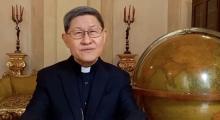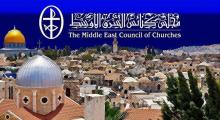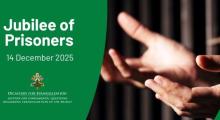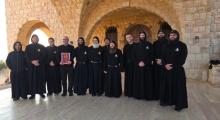Issued by the Catholic Center for Studies and Media - Jordan. Editor-in-chief Fr. Rif'at Bader - موقع أبونا abouna.org
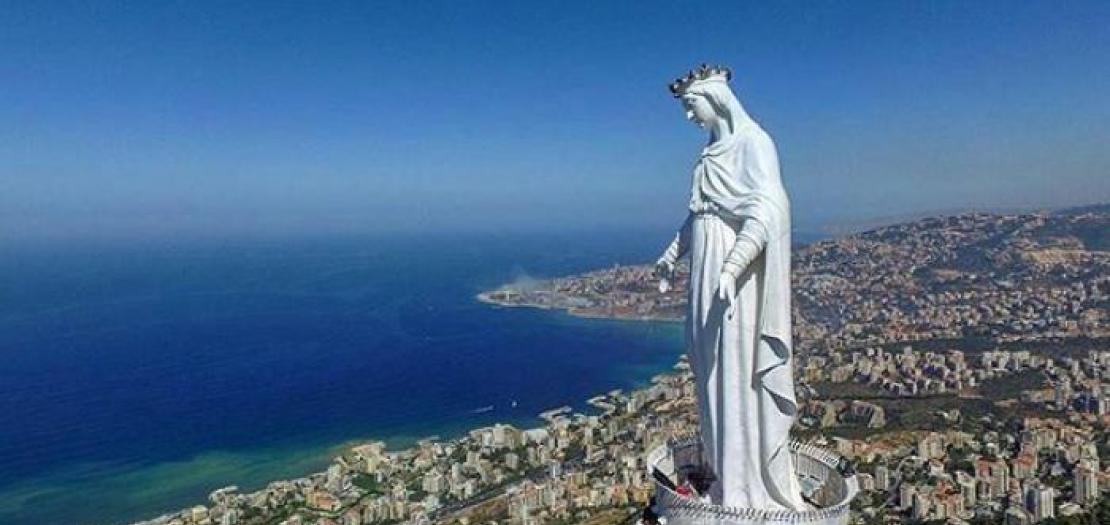
Lebanese President Michel Aoun has called on French company Total Energy to begin exploring for natural gas after a major diplomatic breakthrough between Lebanon and Israel.
The two countries recently announced a draft deal that could end a long-running dispute affecting the oil-rich maritime border between the two countries.
For Lebanon’s president, a Christian, this was a rare bit of potentially good news in recent months, if not years.
The ongoing turmoil and insecurity affecting the Christian community in an economically unraveling Lebanon is the consequence of long decades of political corruption, a constantly destabilized Middle Eastern country, and short-sighted governmental planning.
Economic chaos followed the events of October 2019, when the Lebanese government imposed new taxes on tobacco, gasoline, and smartphone apps for making calls, including WhatsApp. This caused nationwide protests that eventually led to the government’s resignation — and made the nation’s liquidity crisis fully apparent.
The fragile Lebanese economy fell into hyperinflation. Then COVID-19 began spreading in the country in February 2020, deepening the crisis, and an explosion in Beirut’s port on Aug. 4, 2020, killed nearly 230 people and injured approximately 6,000 more, destroying tens of thousands of apartments.
For the nation’s Christian community, these developments have added yet another layer of strain and anxiety to the constant existential threat they have been facing for decades in the Middle East.
This month brought another reminder of the community’s vulnerable condition. The end of October marks the expiration of the Lebanese president’s six-year term. The presidency has been held by a Maronite Catholic since 1943. With no new candidate elected yet, a constitutional void at the level of presidency is expected from the first of November.
Bleak situation for Christians
Any attempt to shed light on how these events changed the country’s Christian population should start by identifying the precise percentage of Christians in the Lebanese Republic. But that is not an easy task. The state doesn’t present official statistics, and demographics have always been politically manipulated and instrumentalized.
Before the crisis, Christians were estimated to make up about 32 per cent of the population of 6.8 million, while Muslims made up 68 per cent.
Christians, like all Lebanese, today face a rising unemployment rate, bank withdrawal limits, the suspension of international payments, electricity, water, and internet shortages, and the lack of a clear exit plan, leading to a continuous rise in poverty.
According to UNESCWA, the United Nations Economic and Social Commission for Western Asia, approximately 80 per cent of Lebanon’s population lives below the poverty line, and 36 per cent are in extreme poverty.



